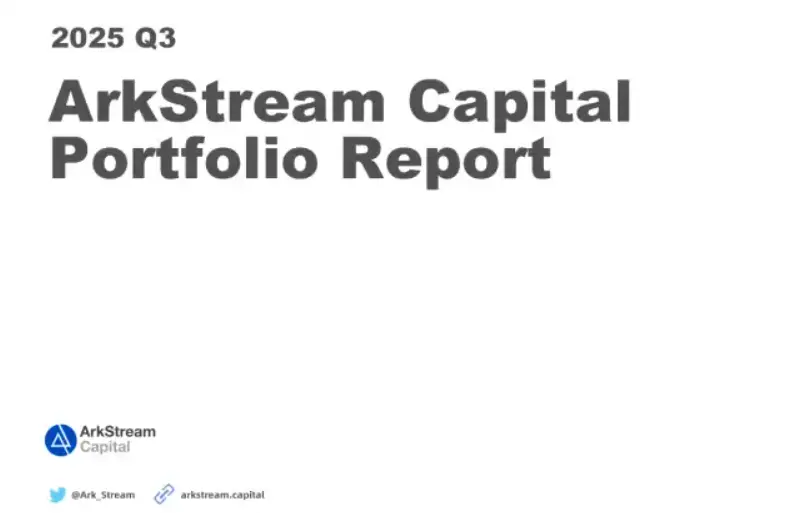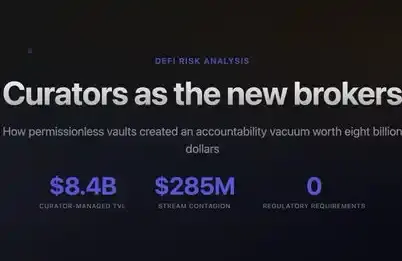Amid an acute shortage of US dollars, Venezuela is increasingly pushing for the use of cryptocurrencies in payment transactions. The government is gradually opening up to the stablecoin Tether (USDT) in an effort to stabilize the private foreign exchange market and keep the economy running.
US sanctions have almost completely blocked the inflow of dollars into Venezuela. In response, the government has paved the way for stablecoins such as Tether (USDT). More and more companies and citizens are using these digital currencies for payments and as a store of value. As a result, digital assets are becoming an important pillar of the Venezuelan economy, according to Reuters.
Dollars scarce, stablecoins in demand
US sanctions have severely restricted Venezuela’s access to foreign currency - oil sales and international card payments bring hardly any dollars into the country. Even a limited export license for Chevron does not allow payments to the government, further worsening the situation.
In return, since June the government has allowed authorized companies to purchase USDT with bolívares through banks. These digital dollars can then be used for domestic and international payments. Estimates suggest that around USD 119 million in stablecoins were already transacted in July - a clear sign of the growing importance of digital assets as a medium of exchange.
Role of PDVSA and private initiatives
The state-owned oil company PDVSA has also expanded its activities into USDT and relies on digital currencies for transactions, as CVJ.CH already reported in April 2024 . In an environment where the traditional foreign exchange market is drying up, companies are increasingly acting as stabilizers themselves, providing urgently needed liquidity through exports and crypto transactions.
Venezuela had already been in a state of severe hyperinflation - according to Chainalysis, crypto usage in the country rose by 110% in 2024, pushing Venezuela to 13th place in the global crypto adoption index.
As the bolívar lost value dramatically, stablecoins like USDT became an alternative means of payment for salaries, trade, and remittances. Even small vendors in Caracas now accept stablecoins to protect themselves against daily currency losses.


